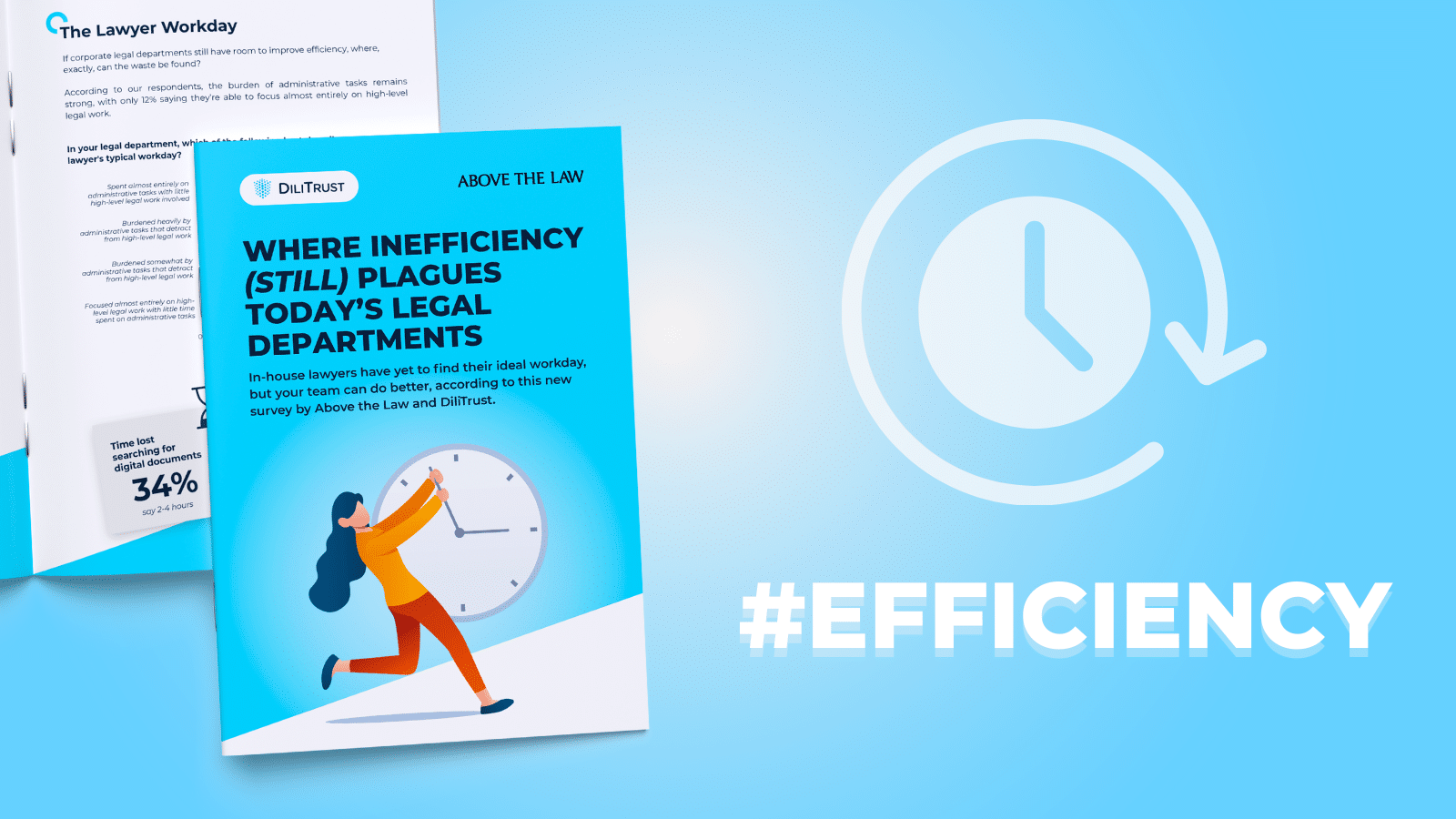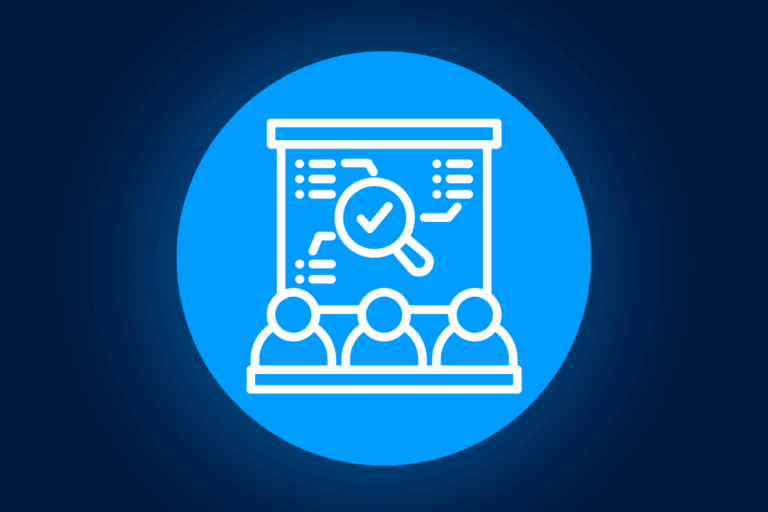AI legal assistants are transforming corporate legal operations by leveraging artificial intelligence to automate routine tasks. Advanced platforms support legal teams with document analysis, contract management, legal research, and due diligence, resulting in significant efficiency gains and cost savings. As technology evolves, AI legal assistants will offer even more advanced features, positioning forward-thinking legal departments to achieve greater agility and strategic value.
In today’s fast-evolving corporate landscape, AI legal assistants are emerging as essential tools for legal departments seeking to optimize their operations. These advanced solutions combine artificial intelligence with specialized legal knowledge to transform how corporate legal teams handle their daily workload. For organizations looking to enhance efficiency while maintaining compliance, understanding the capabilities and applications of AI legal assistants has become increasingly important.
What Are AI Legal Assistants?
AI legal assistants are sophisticated platforms that leverage artificial intelligence to support legal professionals in various aspects of their work. Unlike traditional legal software that simply stores and organizes information, these assistants actively analyze documents, provide insights, and assist with complex legal tasks.
These assistants utilize several key technologies:
Key Benefits for Corporate Legal Teams
The integration of AI legal assistants into corporate legal departments delivers substantial advantages that directly address common challenges faced by in-house counsel.
Enhanced Efficiency and Time Savings
AI legal assistants dramatically reduce the time spent on routine tasks. Document review processes that once took days now finish in hours, while contract analysis becomes significantly faster through automated clause identification and risk assessment. This efficiency allows legal professionals to focus on strategic work rather than administrative tasks.
Improved Accuracy in Legal Analysis
When reviewing contracts or conducting research, AI assistants maintain consistent attention to detail, minimizing the risk of human error. They identify relevant case law, flag potential compliance issues, and highlight contractual risks with remarkable precision. Additionally, they maintain this level of accuracy regardless of document volume or complexity.
Cost Reduction Through Optimization
By automating routine tasks, organizations reduce billable hours from outside counsel and optimize internal resources. This leads to significant cost savings while maintaining or improving the quality of legal work. Furthermore, the ability to quickly analyze large volumes of documents eliminates the need for extensive manual review teams during due diligence or litigation.
Common Applications in Corporate Legal Departments
AI legal assistants serve multiple functions across corporate legal operations, addressing diverse needs within the department.
Contract Management and Analysis
AI assistants excel at reviewing contracts, identifying non-standard clauses, and flagging potential risks. They extract key information from agreements, making contract management more efficient and comprehensive. For organizations managing hundreds or thousands of contracts, this capability transforms their ability to maintain oversight and compliance.
Legal Research and Case Law Analysis
Traditional legal research often requires hours of searching through case law and statutes. AI assistants accelerate this process by quickly identifying relevant precedents and providing summaries of applicable law. They also help legal teams stay current with regulatory changes that might affect their organization.
Due Diligence Support
During mergers and acquisitions, AI legal assistants review large document sets to identify potential liabilities, compliance issues, or contractual obligations. This comprehensive analysis happens much faster than manual review, supporting more informed decision-making while reducing transaction timelines.
Compliance Monitoring
AI assistants continuously monitor regulatory changes across multiple jurisdictions, alerting legal teams to new requirements affecting their organization. They also help identify potential compliance gaps in existing policies and procedures, reducing organizational risk.
Implementation Considerations
Successfully integrating AI legal assistants requires careful planning and consideration of several key factors.
Security and Confidentiality
When selecting an AI legal assistant, prioritize platforms with robust security features that protect sensitive legal information. Look for solutions with encryption, access controls, and compliance with relevant data protection regulations. Additionally, consider where data is stored and processed to ensure compliance with jurisdictional requirements.
Integration with Existing Systems
The most effective AI legal assistants integrate seamlessly with your current legal technology stack. Evaluate how potential solutions connect with document management systems, contract repositories, and other legal tools. This integration ensures a smooth workflow and maximizes the value of your technology investments.
Training and Adoption
For successful implementation, legal teams need proper training on how to effectively use AI assistants. Develop a structured onboarding process and provide ongoing support to ensure adoption. Remember that the technology serves as an assistant rather than a replacement for legal expertise, requiring human oversight and direction.
Challenges and Limitations
While AI legal assistants offer significant benefits, understanding their limitations is essential for effective use.
Current Technological Boundaries
Today’s AI assistants excel at pattern recognition and data analysis but may struggle with highly nuanced legal reasoning or novel situations. They function best when supporting human professionals rather than operating independently. Additionally, their effectiveness depends on the quality of their training data and programming.
Ethical Considerations
AI systems reflect the data they’re trained on, potentially perpetuating biases present in historical legal documents or decisions. Organizations must maintain awareness of these limitations and implement appropriate oversight. Regular auditing of AI outputs helps identify and address potential bias issues.
The Need for Human Expertise
AI legal assistants augment rather than replace human legal professionals. Complex legal strategy, relationship management, and ethical decision-making remain uniquely human capabilities. The most effective approach combines AI efficiency with human judgment and expertise.
Future Trends in AI Legal Assistance
The field of AI legal assistance continues to evolve rapidly, with several emerging trends shaping its future development.
Advanced Document Generation
Next-generation AI assistants will move beyond analysis to actively draft complex legal documents based on specific parameters and precedents. This capability will further accelerate document preparation while maintaining consistency across the organization.
Predictive Analytics for Litigation
Future AI systems will offer increasingly sophisticated litigation outcome predictions based on historical case data, judge tendencies, and jurisdiction-specific factors. These insights will support more informed litigation strategy and settlement decisions.
Conversational Interfaces
As natural language processing advances, AI legal assistants will feature more intuitive conversational interfaces, allowing legal professionals to interact through natural language queries rather than structured commands or search terms.
Transforming Legal Operations Through Technology
AI legal assistants represent a significant advancement in legal technology, offering corporate legal departments powerful tools to enhance efficiency, accuracy, and strategic capability. By automating routine tasks, providing valuable insights, and supporting complex legal work, these solutions enable legal teams to deliver greater value to their organizations.
For forward-thinking legal departments, the question is no longer whether to adopt AI assistance but how to implement it most effectively. Organizations that thoughtfully integrate these tools into their operations position themselves for greater agility, reduced risk, and enhanced legal support for business objectives.
To learn more about how integrated legal technology solutions complement AI capabilities and transform corporate governance, explore DiliTrust’s secure, comprehensive platform designed specifically for legal departments and corporate governance professionals.



